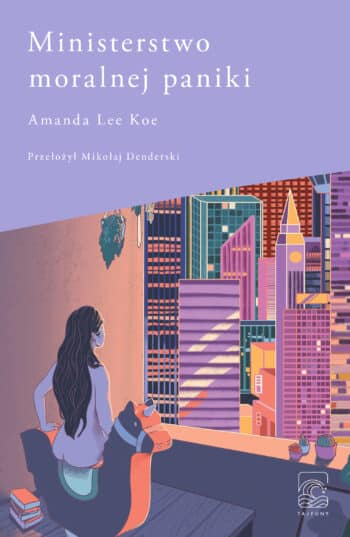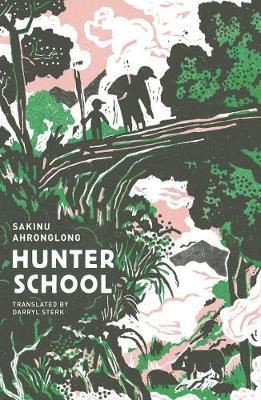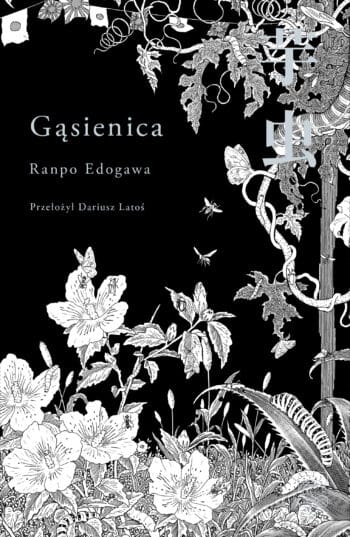Singa Pura Pura is a remarkable piece of fantasy fiction in a genre dominated by English writers. It is a great choice for everyone interested in new technologies and AI. Most of the stories are dystopian, making us feel uneasy and anxious – will our future really look like this?
The authors let their imagination loose to create various depictions of what may come true one day. From futuristic visions of society and robotic psychotherapists to underwater kingdoms and reinterpretation of world creation – this and more is provided to us by Malay writers representing the science fiction genre. It is worth noting that they don’t skip taboos or topical subjects – the authors have skillfully incorporated family feuds, social pressure, patriarchal oppression and moral dilemmas into their work.
In one of the stories we are found in a world dominated by mysterious extraterrestrial creatures that came to Earth to save it from the residents who, by years of exploitation, have ruined it (sounds familiar, doesn’t it?). It is a world in which every human being over the age of 18 is given a certain amount of happiness to use, since this is the only guarantee of peace on Earth. But there’s a catch: those who have used up their limit lose their will to live and disappear mysteriously. The main character, a 35 years old Diana, consistently refuses to fulfill her obligation and by that, she catches the attention of the creatures in charge of the world – but they don’t know that Diana has an idea how to use her happiness in an alternative way.
Importantly, many of the stories are available for the English reader for the first time, thanks to the translator and editor of the anthology – Nazry Bahrawi who decided to gather together stories of Malay writers and show that the way they create the sci-fi represents their experience, dreams and fears in a country in which their experience is often disregarded. Some of the stories were translated from Malay, some were written in English but they have one thing in common – origin of the authors who, despite their talent, are often denied the access to the mainstream Singaporean literature.
We highly recommend this book and also – we are jealous of University of Washington students who can attend the South-East Asian literature classes with professor Bahrawi (some of our staff at Tajfuny had the pleasure of meeting him!) And since this book has been published by Ethos Books, you can rest assured – editorial-wise, Singa Pura Pura perfectly polished.








